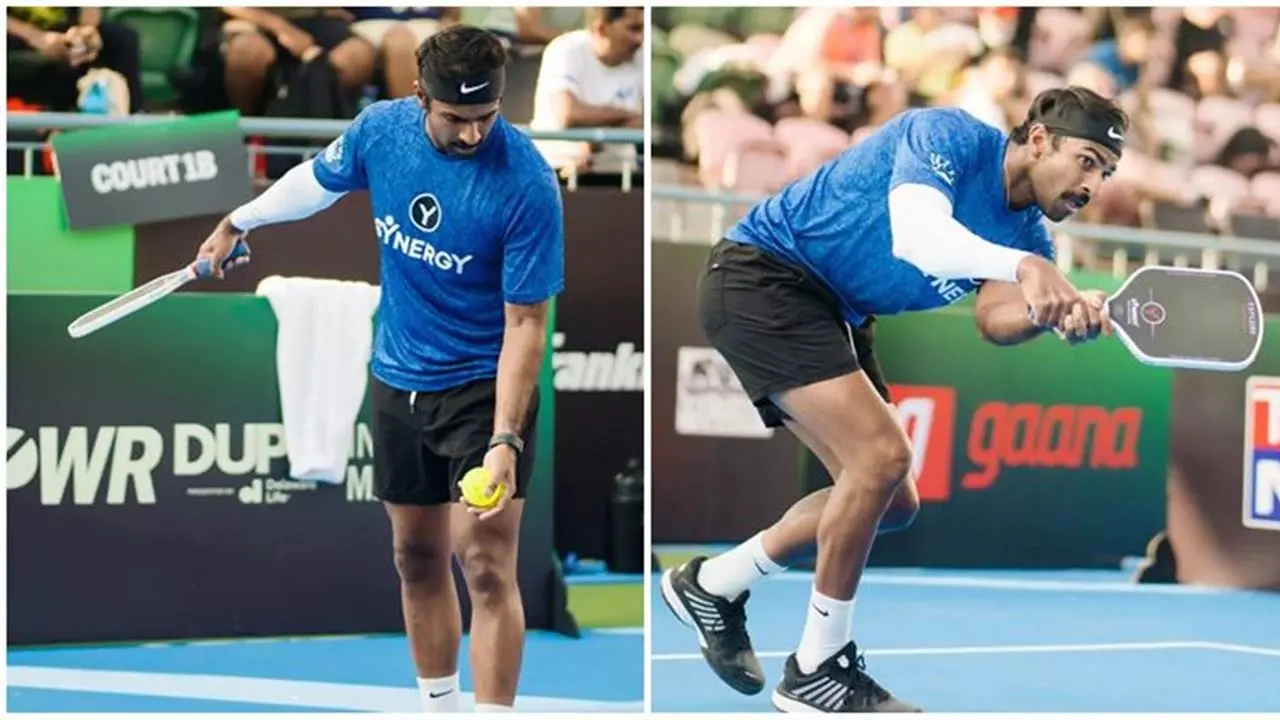
Power Paddle In Pickleball: Impact on Fair Play and Striking The Balance Of Innovation, Authenticity in the Game.
Pickleball is a sport that is steadily evolving and is drawing in new fans with each passing day. However, as the game gains popularity around the world, it is also undergoing a steady transformation in equipment, particularly with the introduction of power paddles.
For the uninitiated, the paddle is one of the key instruments of pickleball. However, unlike tennis, where racquet changes don't affect the game much, new "power paddles" in pickleball have raised concerns about keeping the sport authentic. This has led to important questions: Should pickleball paddles be designed for more power? Or could this change harm the true nature of the game?
The Rise of Power Paddles and Their Impact
In recent years, paddle technology has changed rapidly. Newer paddle models offer more speed, spin, and control. Many call these new models "generation 3" paddles because they provide much more power than older ones. Naveen Beasley, the well-known pickleball player from the USA, noted that while these changes have improved some players' experiences, they also raise concerns about fair play.
"I think there's definitely a big difference between the power paddles, let's say, the generation 3, to the generation 2 paddles, which are the majority of them. I'd say the biggest thing is that everybody wears a different racquet in tennis, right? There's Babalot, there's Yonex, there's Wilson, there's Head, and everybody uses them, and it doesn't diminish their game; it enhances their game, depending on what they play with," Beasley told Pickleball Now in an exclusive chat.
Comparing pickleball with tennis, Beasley observed that, in tennis, a player’s choice of racquet rarely affects the fairness of a match.
"But if you have somebody playing with a Head racquet and a Wilson racquet, and they're both top 100 in the world, and they play, there's not going to be a huge difference, right? The equipment doesn't make one player go from top 100 to number 5 or play like Djokovic, right," he explained.
However, Beasley argued that the difference is more pronounced in pickleball. The new power paddles can create a substantial advantage, especially for less experienced players, levelling the playing field between skill levels.
"I think in pickleball, it makes a much bigger difference if you have someone who is maybe not as skilled, and they're using one of these power paddles; it enhances their game so much so that it just makes it very difficult for the player that doesn't have the power paddle, maybe they're better, not to be able to keep up, because there are certain elements of the pickleball game, like the serve and the return, the first shots, that with a power paddle, you gain a significant advantage, when you're hitting it 20 miles, or 20 kilometres per hour faster, with more spin, and deeper," he explained.
With pickleball's rapid growth, innovation is inevitable. Modern-day paddles, with their increased speed and power, have the potential to make the game more engaging. Yet, the concern is that these advancements could overshadow the sport's traditional focus on strategy and skill.
"Same with the return, and because of that, I think we should continue to innovate the game and make these types of paddles accessible to everybody.
"So there's a counterpoint, as you mentioned. We can either have all the companies out there make these power paddles, or we have to set a limit. Maybe there should be a test instead of deflection tests or friction tests on the surface.
Beasley acknowledges that advanced paddles can offer benefits but emphasises the need for fairness in the game.
Get Latest News Live on Times Now along with Breaking News and Top Headlines from Pickleball, Sports and around the world.
